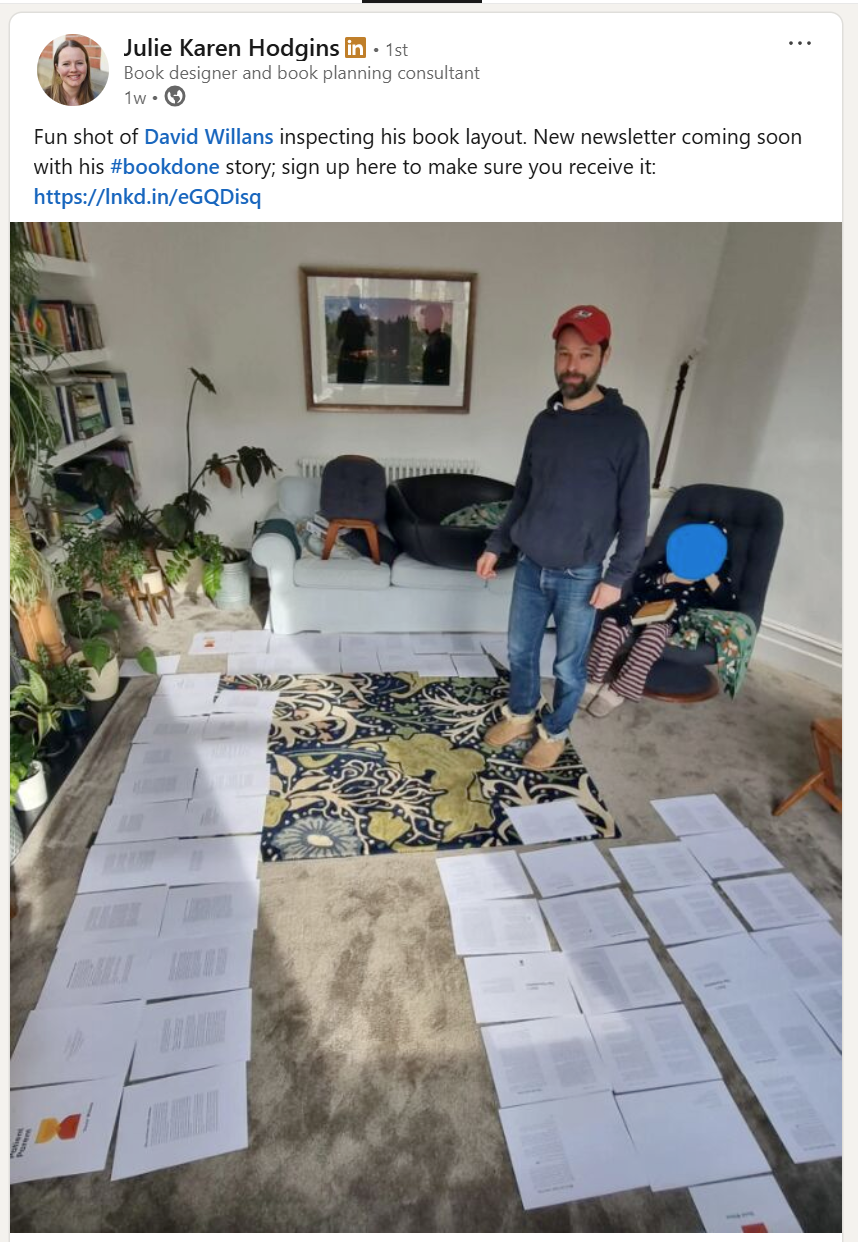Dan, one of the earliest readers of these emails, told me a story prompted by one of the articles in last week’s edition. It was so bloody good, I asked if I could share it with you. Being the wonderful human he is, he said yes. Here it is.
Your letter and the article by J. Connor (here’s that article) really struck a chord — it made me want to share something.
We’ve just come back from eight days in a remote village in Ghana. No electricity, no running water, nothing familiar. Living in huts with an NGO, no westerners or tourists anywhere to be seen.
And it was incredible — for my wife, the kids, and me.
The boys had no option but to use a hole in the ground as a toilet, wash with a bucket, swim in a parasite-filled lake, and eat the same beans every night.
And yet — they were really really happy. They loved it. And so were the people around them happy.
Sure life was tough by our standards, and yes, people were “poor,” but there was a sense of calm and contentment. No drama, no complaints — just life, being lived. And LOTS of play.
This isn’t about congratulating ourselves for going. It’s about what we saw in others and what I'd like to learn from them. And your linked piece helped me understand it more clearly.
Young people in the UK should feel excited about their lives. They have more opportunities, better health, more freedom, and more resources than many could dream of.
And yet so many of them — and us — feel stuck. Like the future is closed off. Like we’re boxed in.
It’s nuts, isn’t it?
As you point out, the real issue is context. It’s the frame we’re living inside. We’re surrounded by messages of crisis and uncertainty and a sense of limited options and endless dead ends — and it’s repeated so often that it starts to shape how we see everything.
But I know now how badly that lens is warped. As is the sense of what matters in life. We’re not actually stuck. We’re just seeing things through the wrong filter. And we are unable to look beyond the blinkers and doom and make choices that can make us happy.
I don’t know what’s to blame — the media, consumerism, the loss of faith or meaning — probably all of it. But I agree with your main point: it’s not about phones. It’s the deeper context that’s robbing people of happy lives.
And almost as testament to the power of this context, coming back to the UK felt jarring at first. So much here suddenly seemed absurd. But within 1-2 days, we were back in the crazy context of UK living and all its anxiety driving stuff. Like nothing had changed.
I really hope we can change that. It seems very hard to though. It’s just so pervasive in how we live.
Dan
Dan’s words hit home for me, because I’ve been feeling stuck in a rut for a little while now. Routines we’ve slipped into as a family don’t bring joy and excitement. On my cycle commute into the office, I find my mind wandering to places away from London and thinking about living life there instead. A sign that life needs some sort of shake up, but shaking it up feels harder to do now because the kids are teens, they won’t just come along with us. They question everything and have their own ideas about how they want to spend their time.
While we have a sort of tradition around holiday adventures, I wonder how things would be different if we’d shaken up life a few more times in the past when they were younger. Or at least labelled some of the things we’d done as a shake up, so they felt like that was part of our family culture, wasn’t a scary thing and always ended up with things better than before.
Interesting thoughts, but not useful to me right now. They might be for you though. Me, I’m going to think about ways to shake up our lives, even if just in small ways.
If you're interested, here's how Dan ended up in Ghana -
We ended up there by luck really… we had a bunch of air miles... Accra was a place we could fly to on them over Easter, and my wife had previously had a work trip (when she worked at VSO) cancelled as she had a health problem. So it felt like we had to do it!
We then found the village set up via a friend who knew about it and planned our trip around our visit there.
Back story to the village is interesting too... three Spanish girls ended up in the village a few years ago, as a priest told them they had a volunteering set up there. When the girls arrived they realised there wasn’t. But they stayed and helped the village figure out how to host visitors and have them live with them and spend money in their community.

